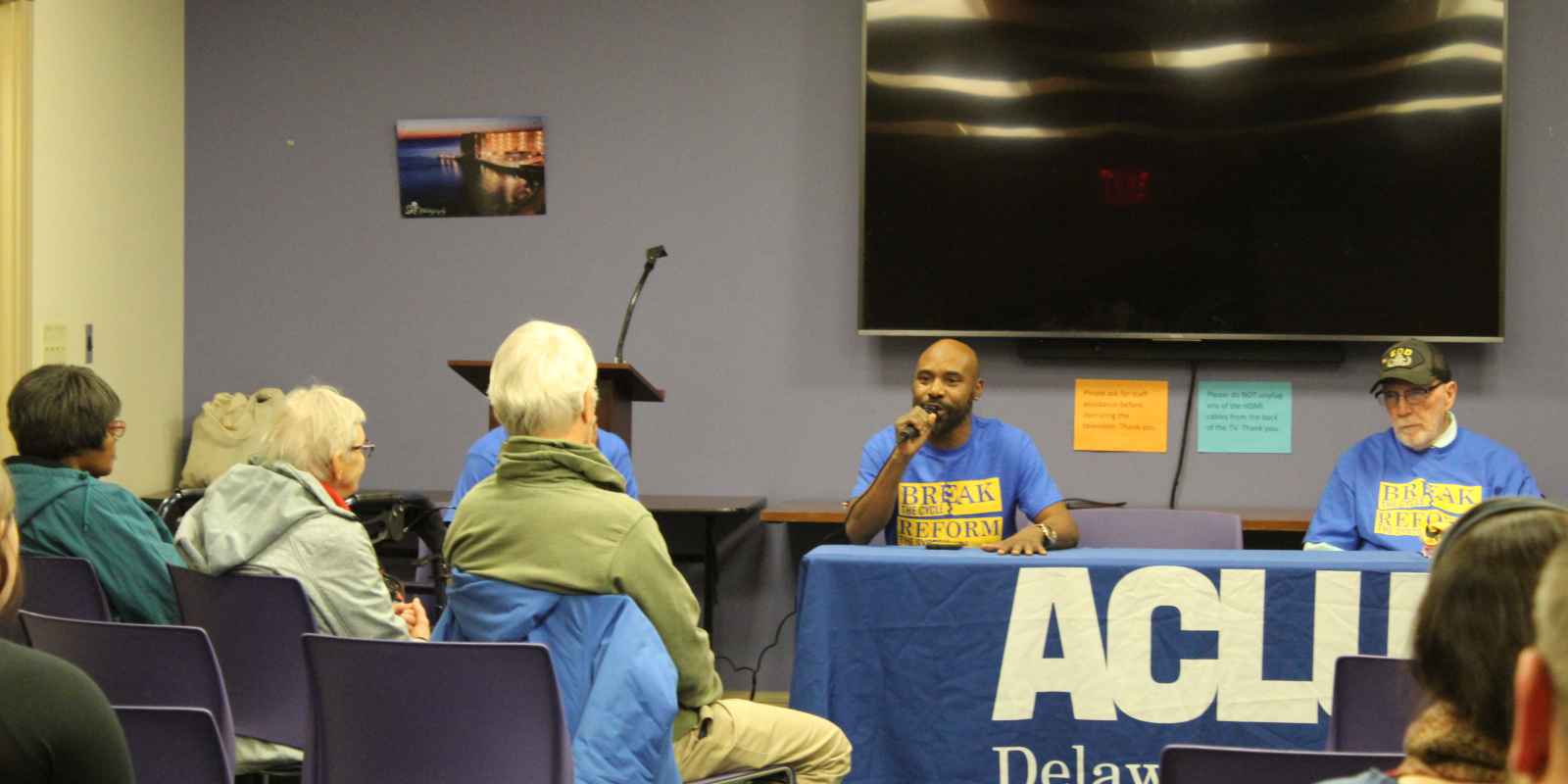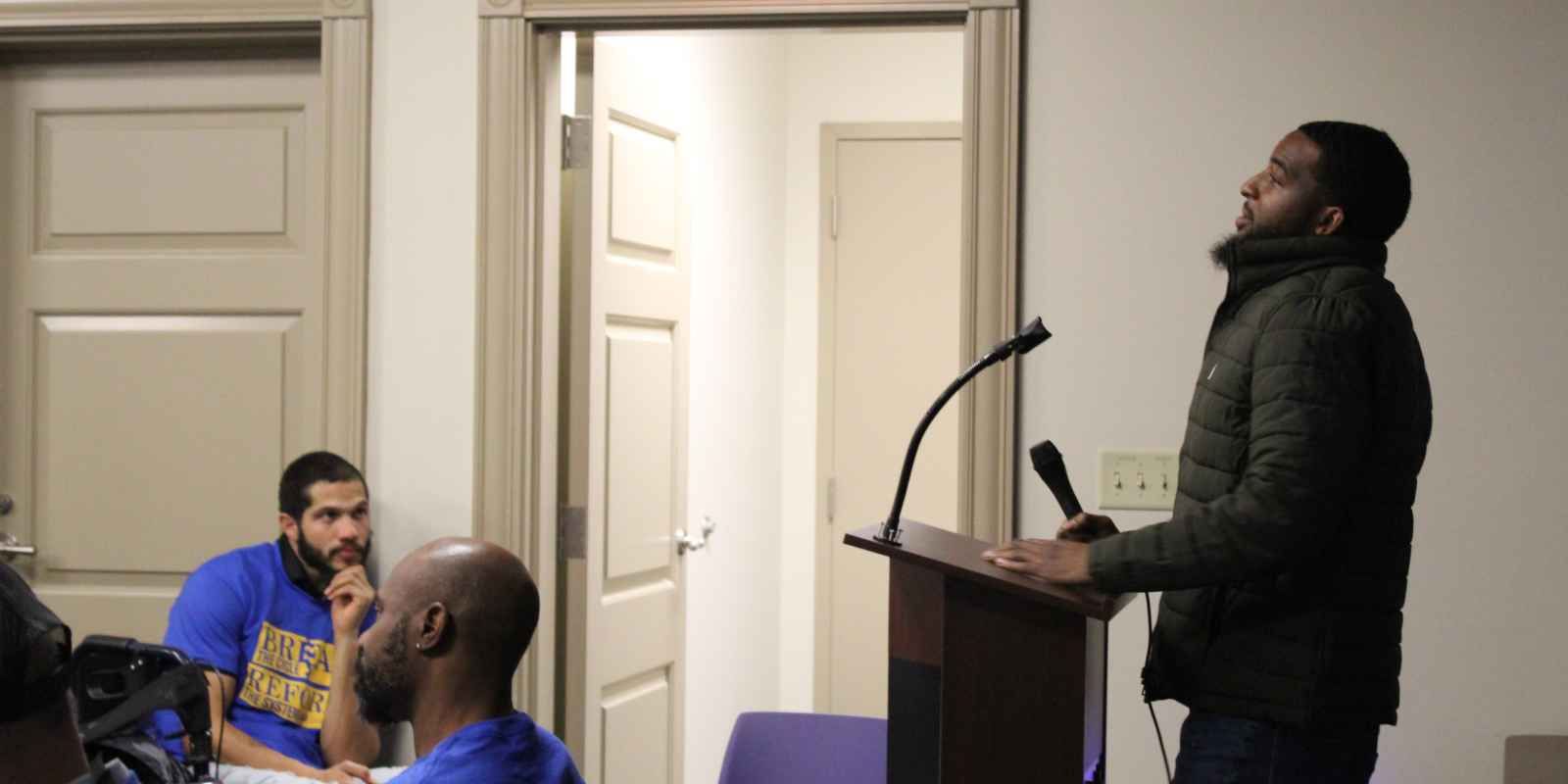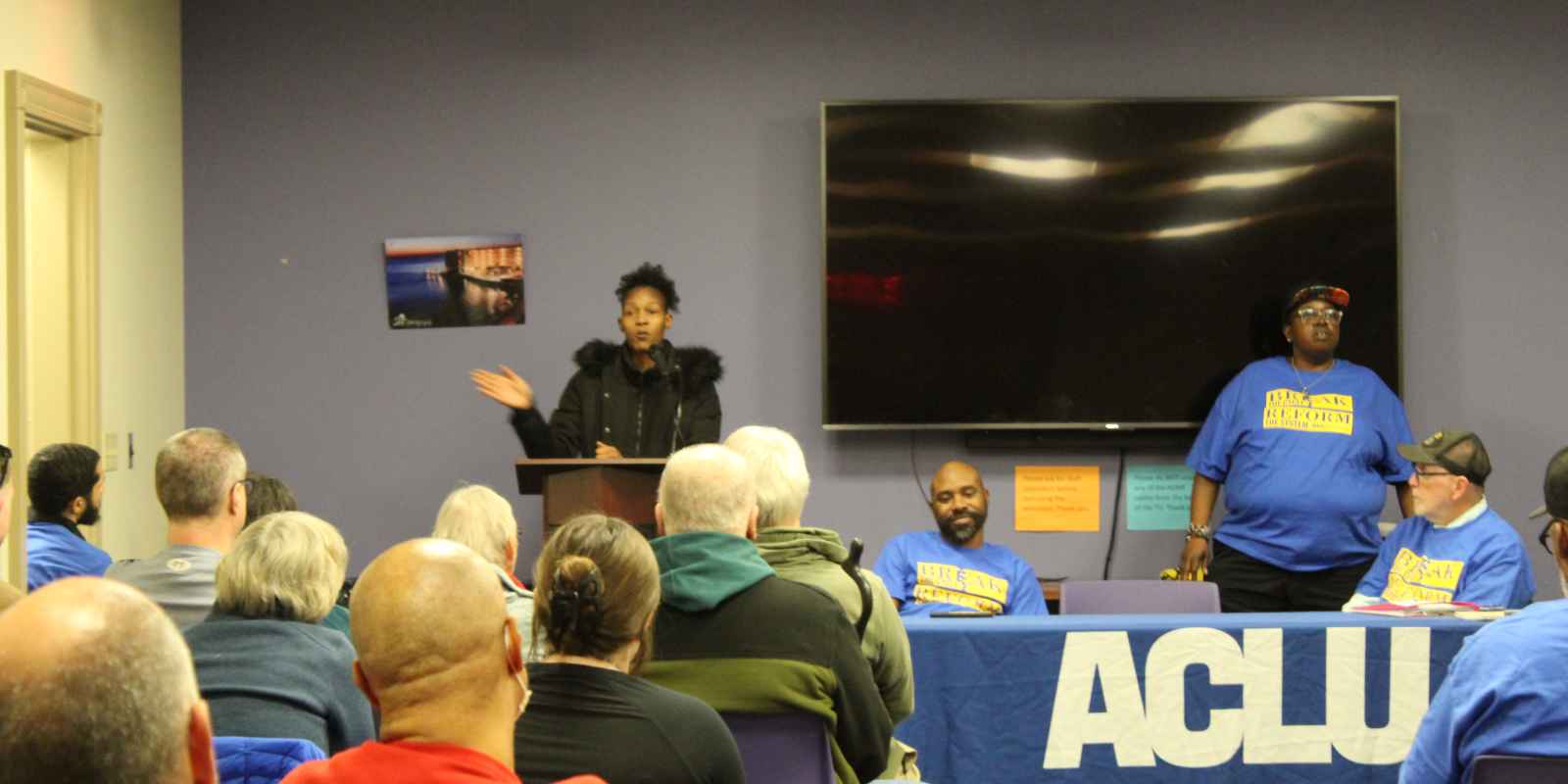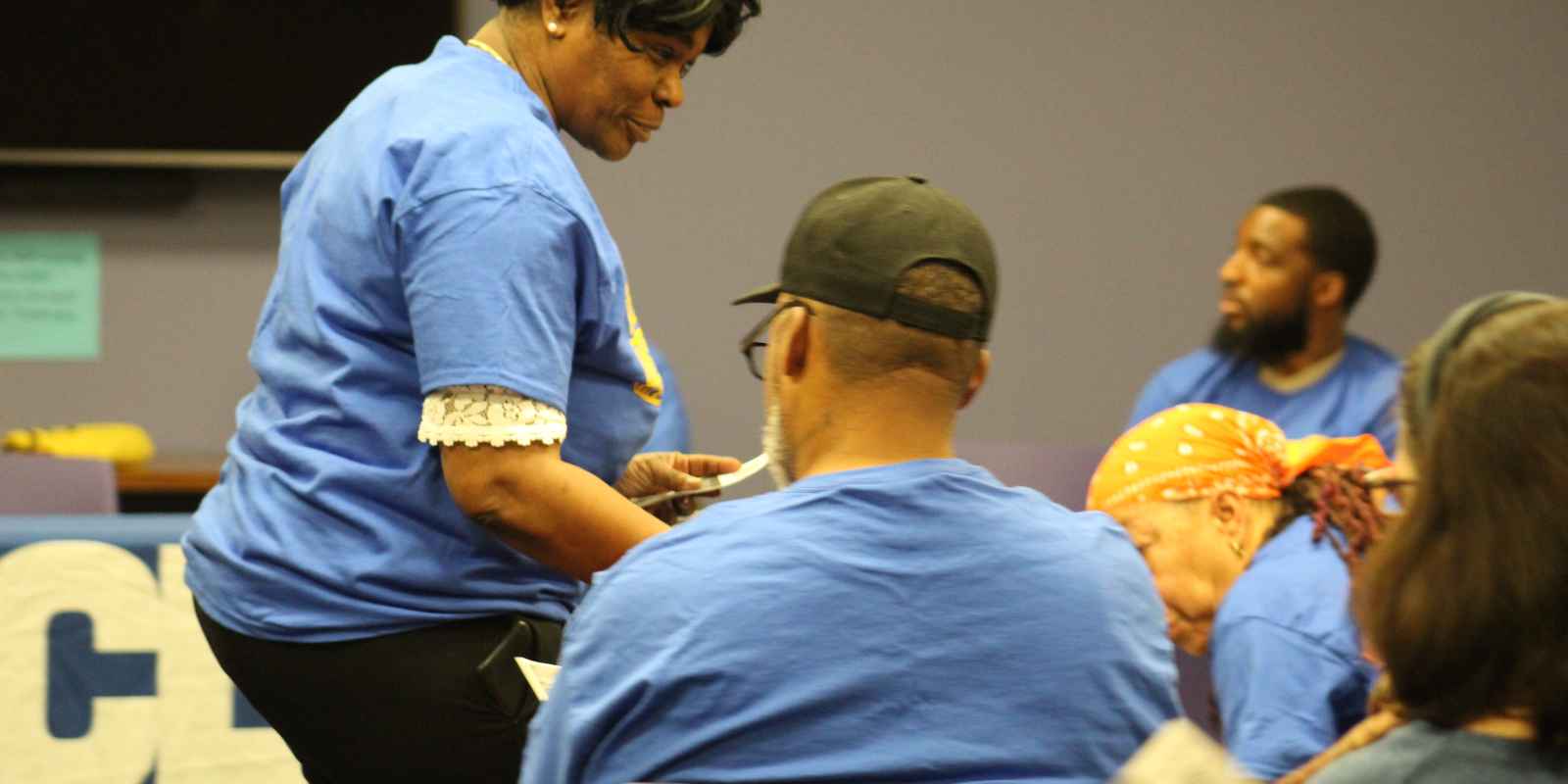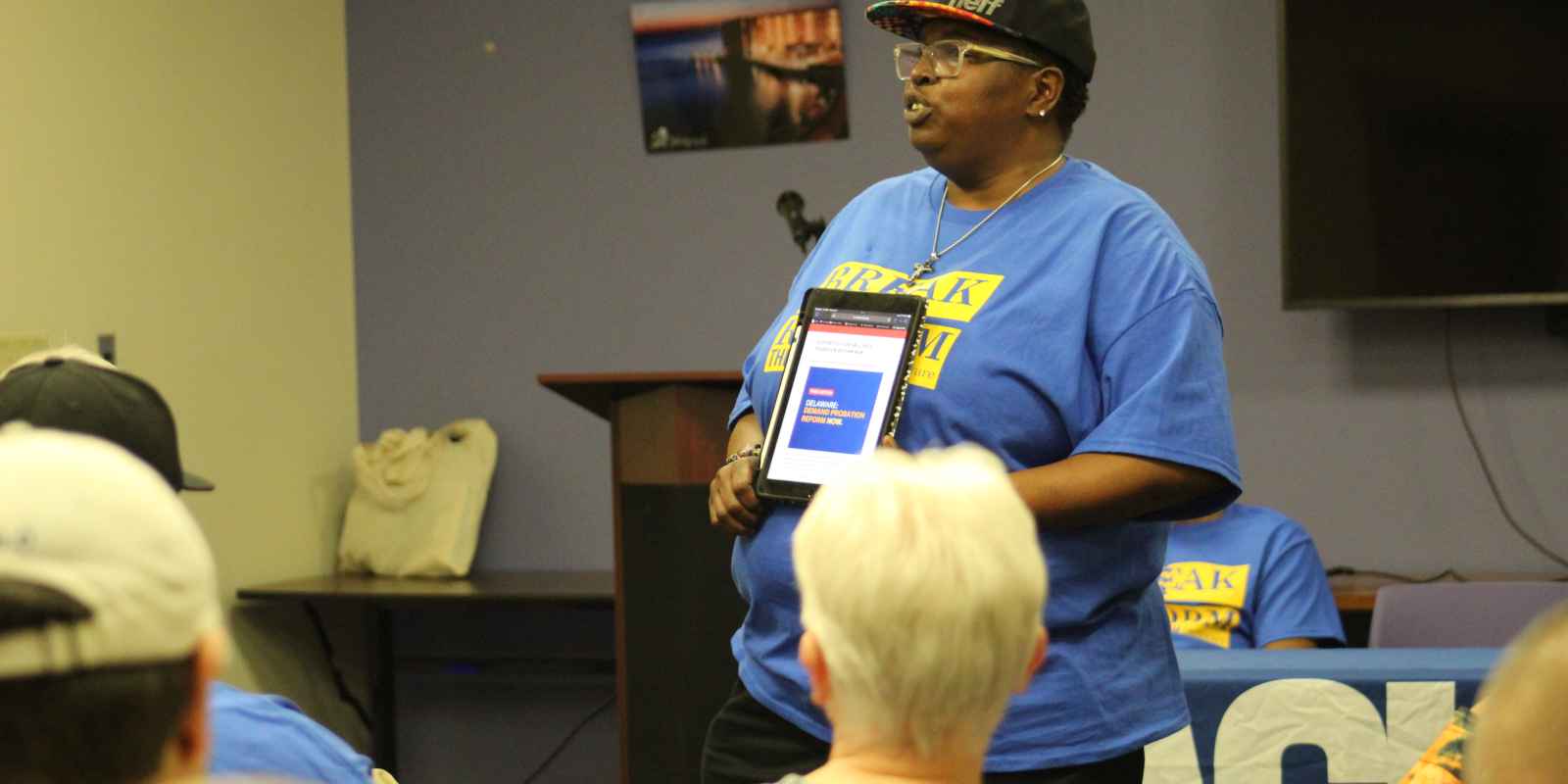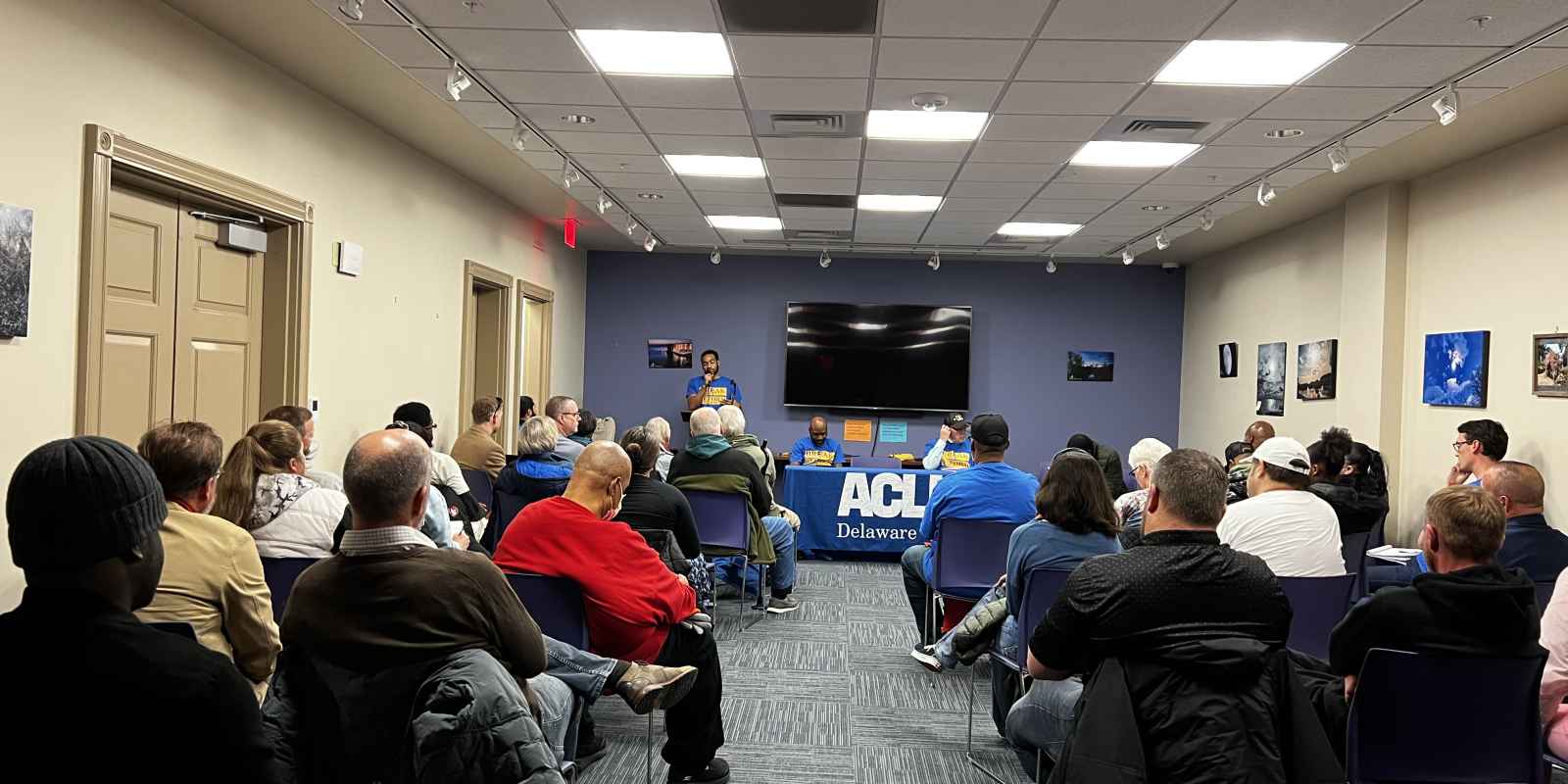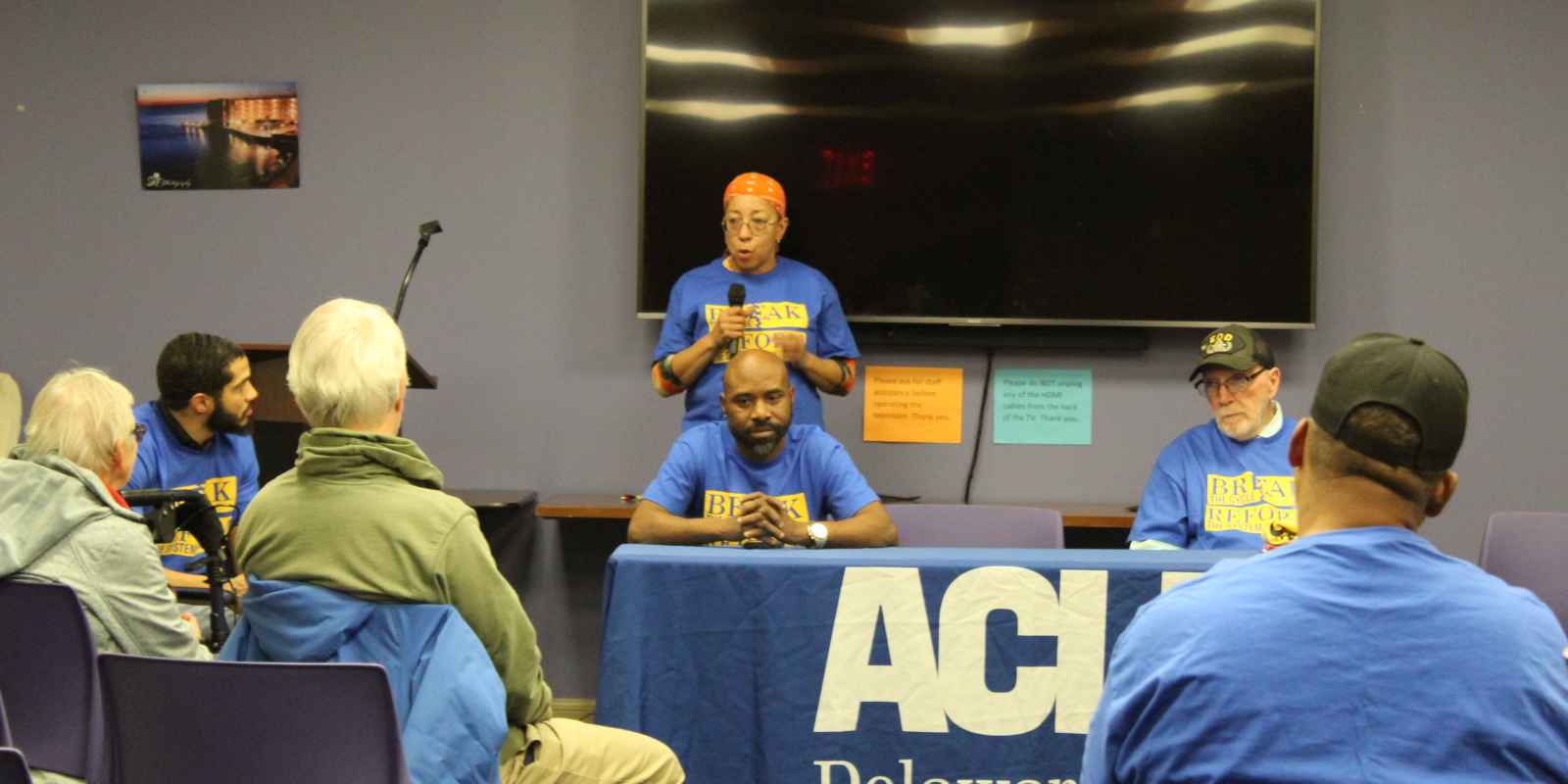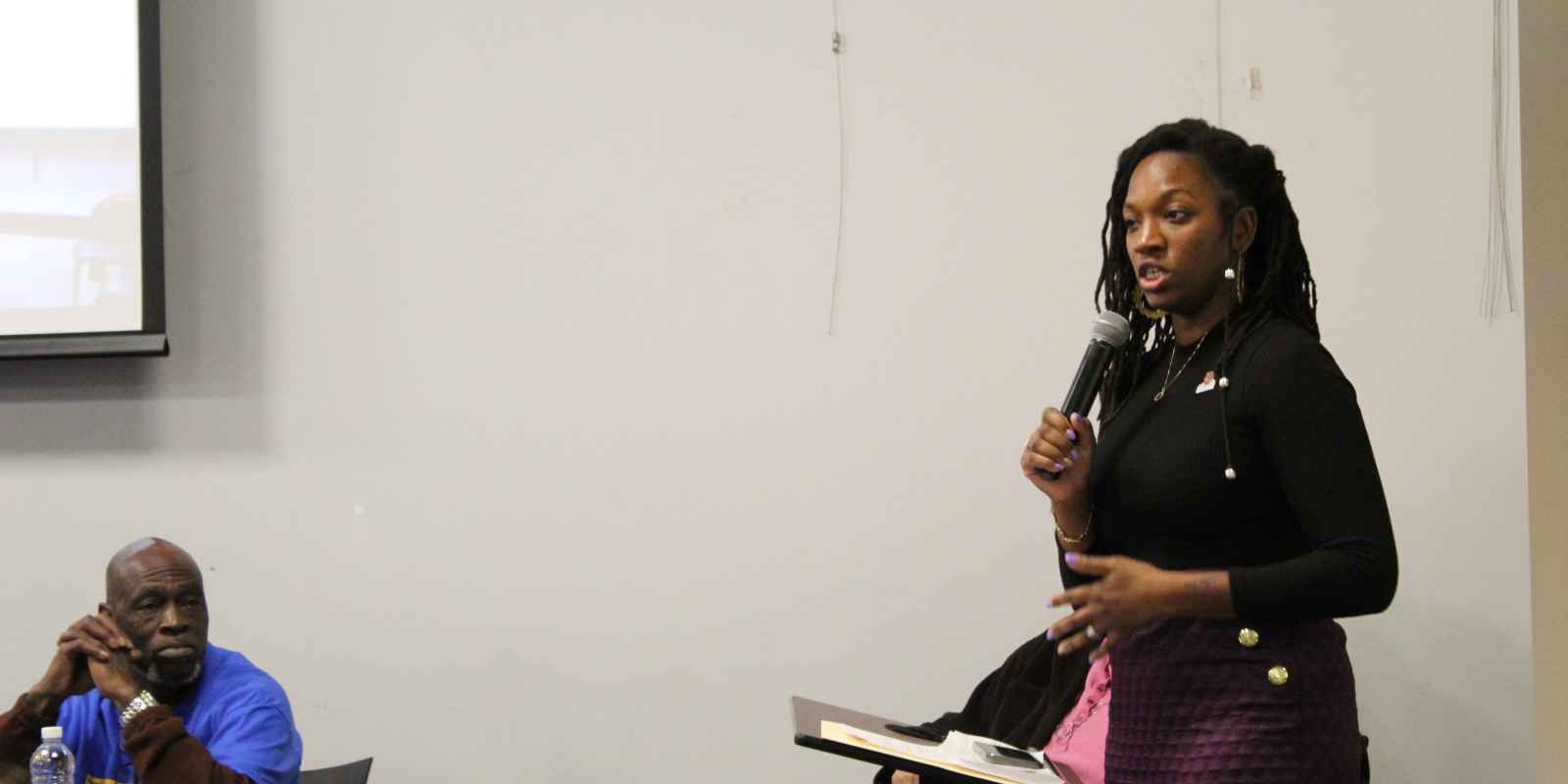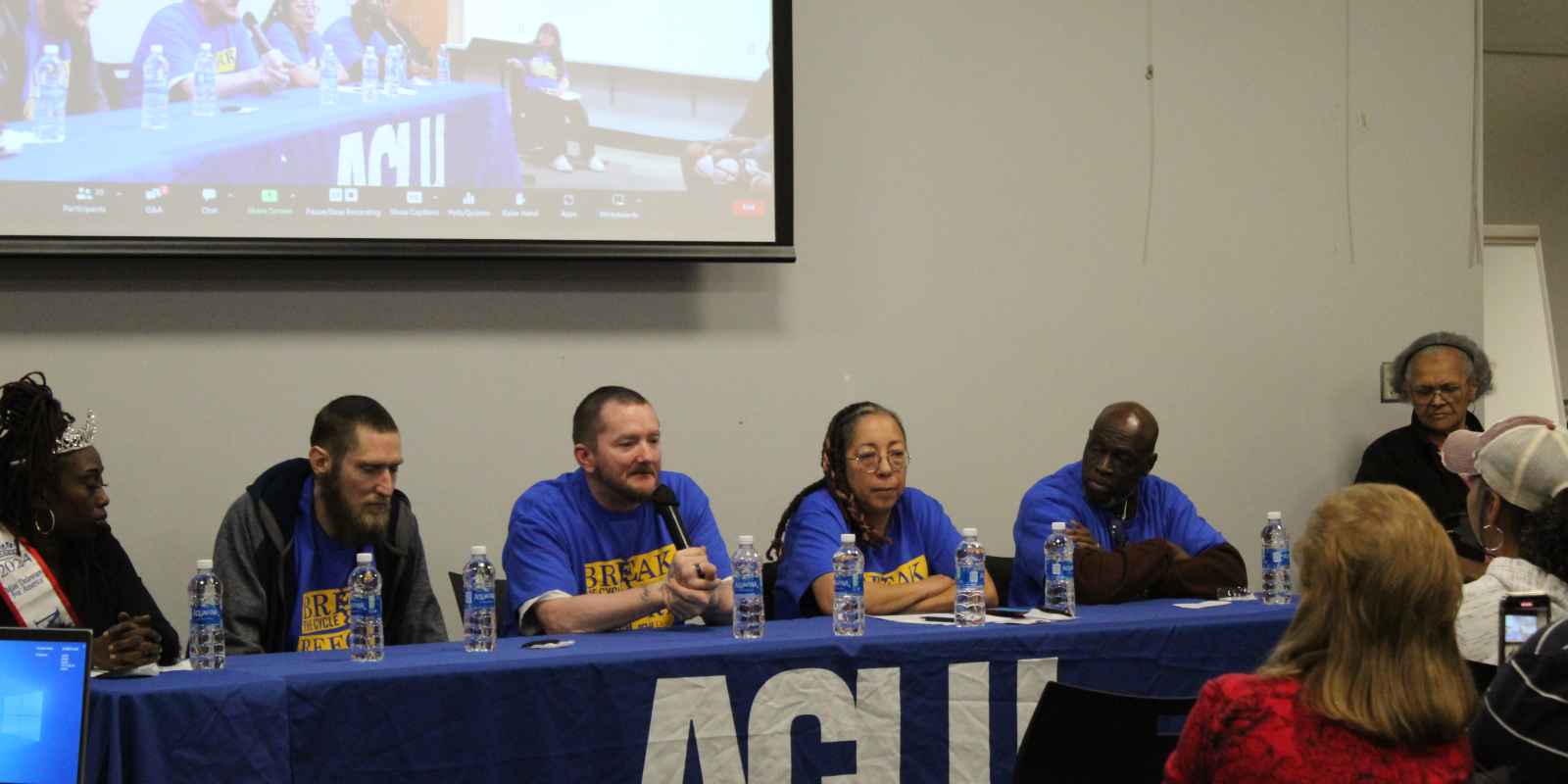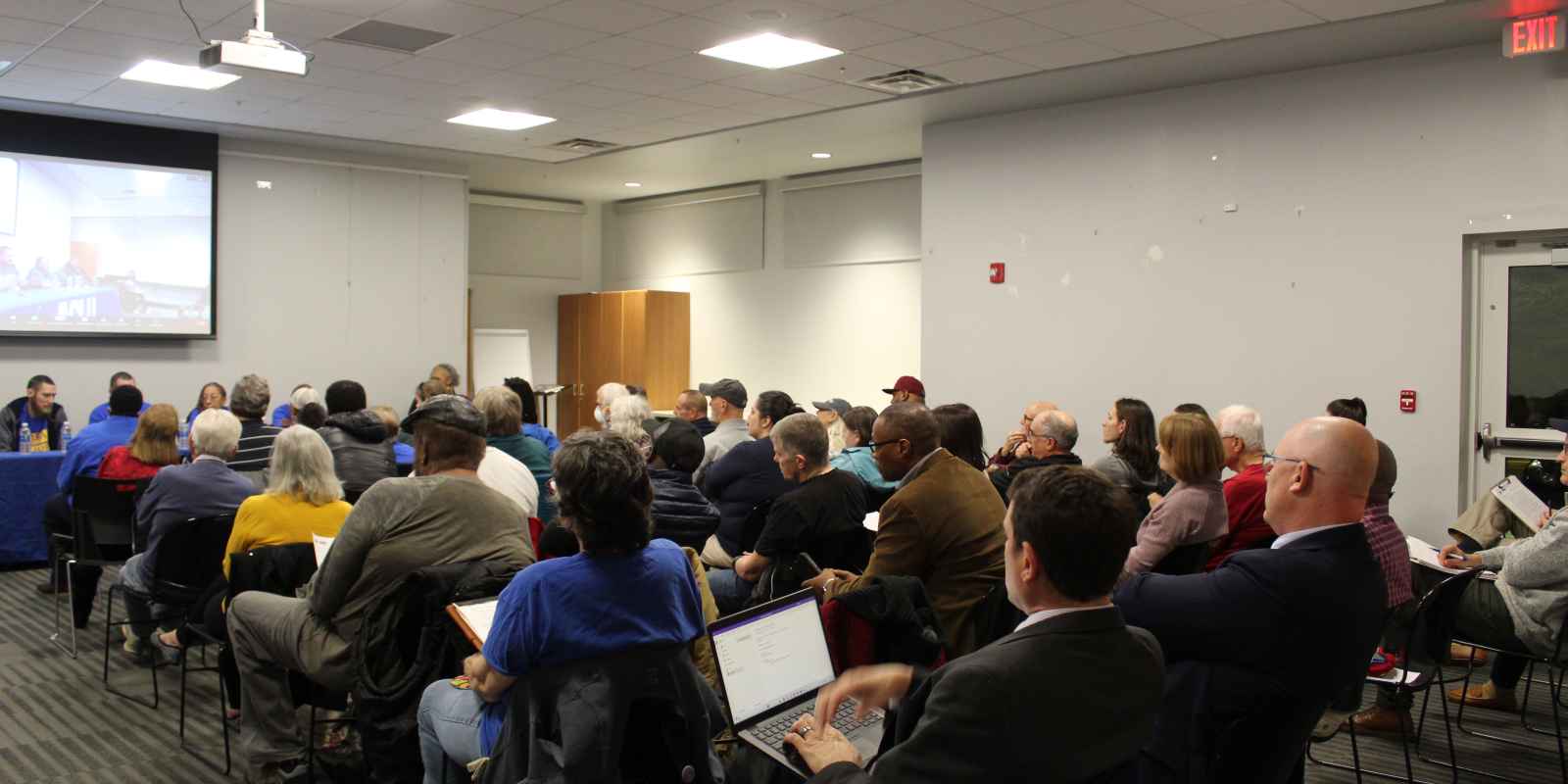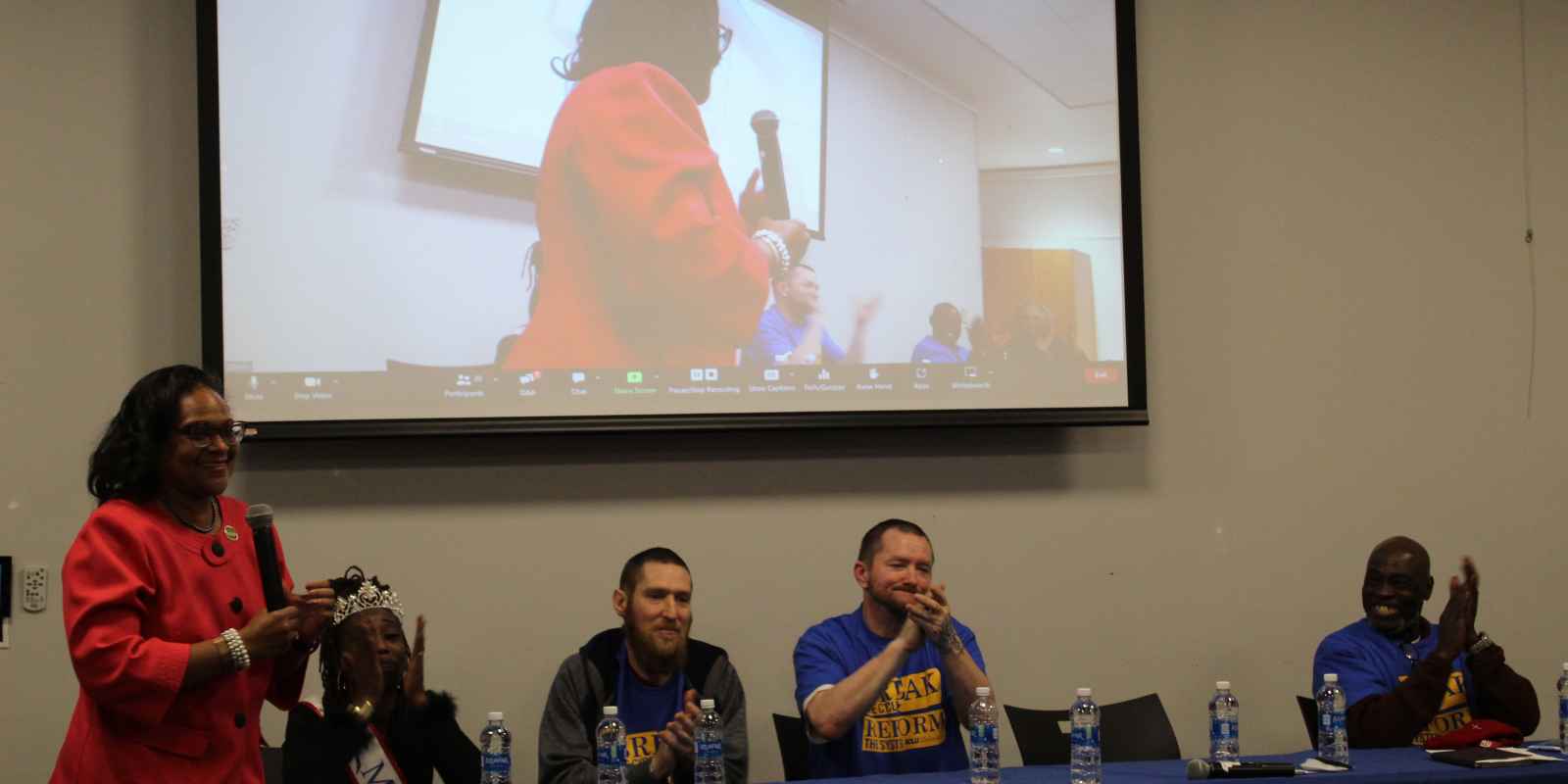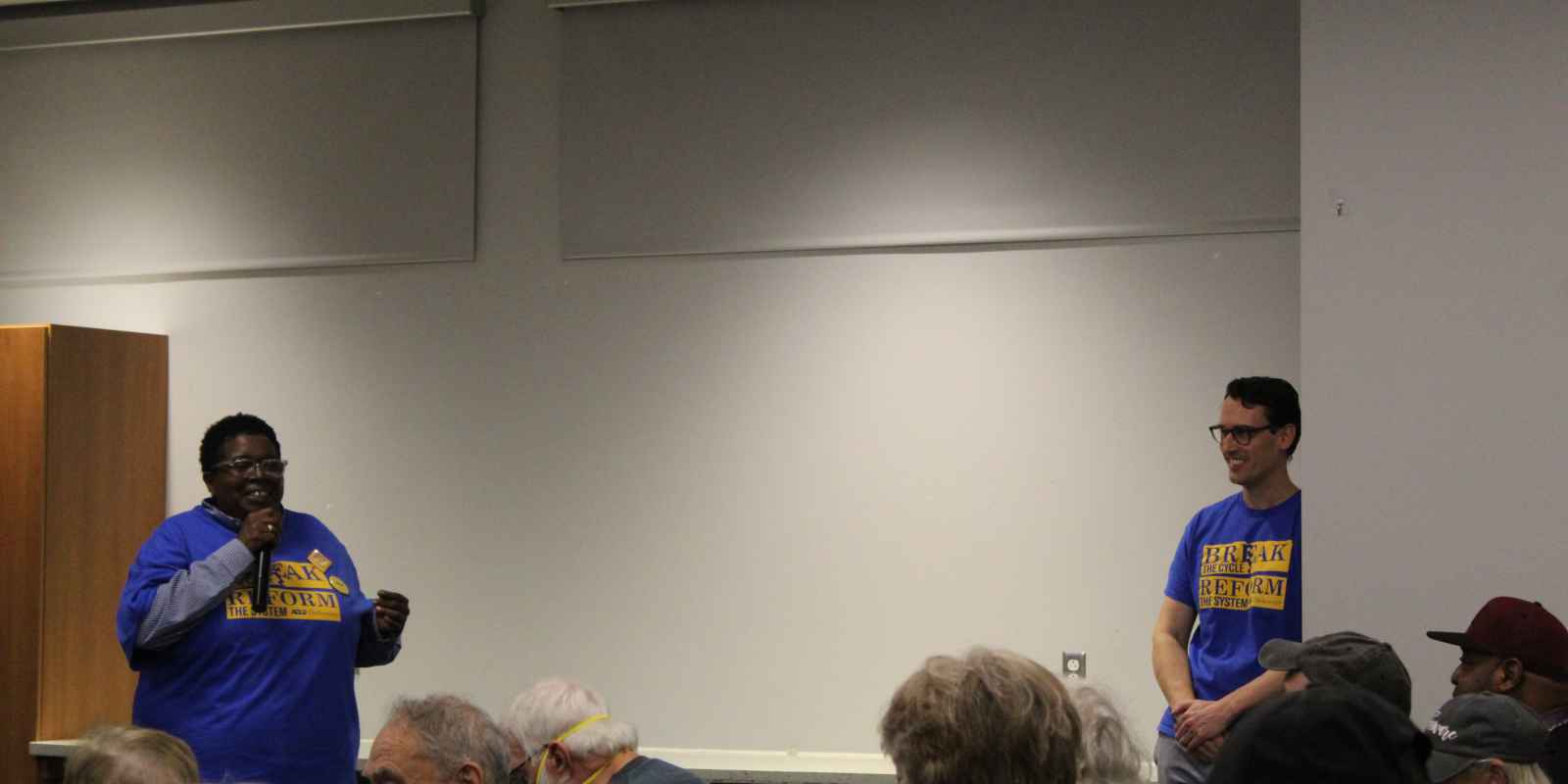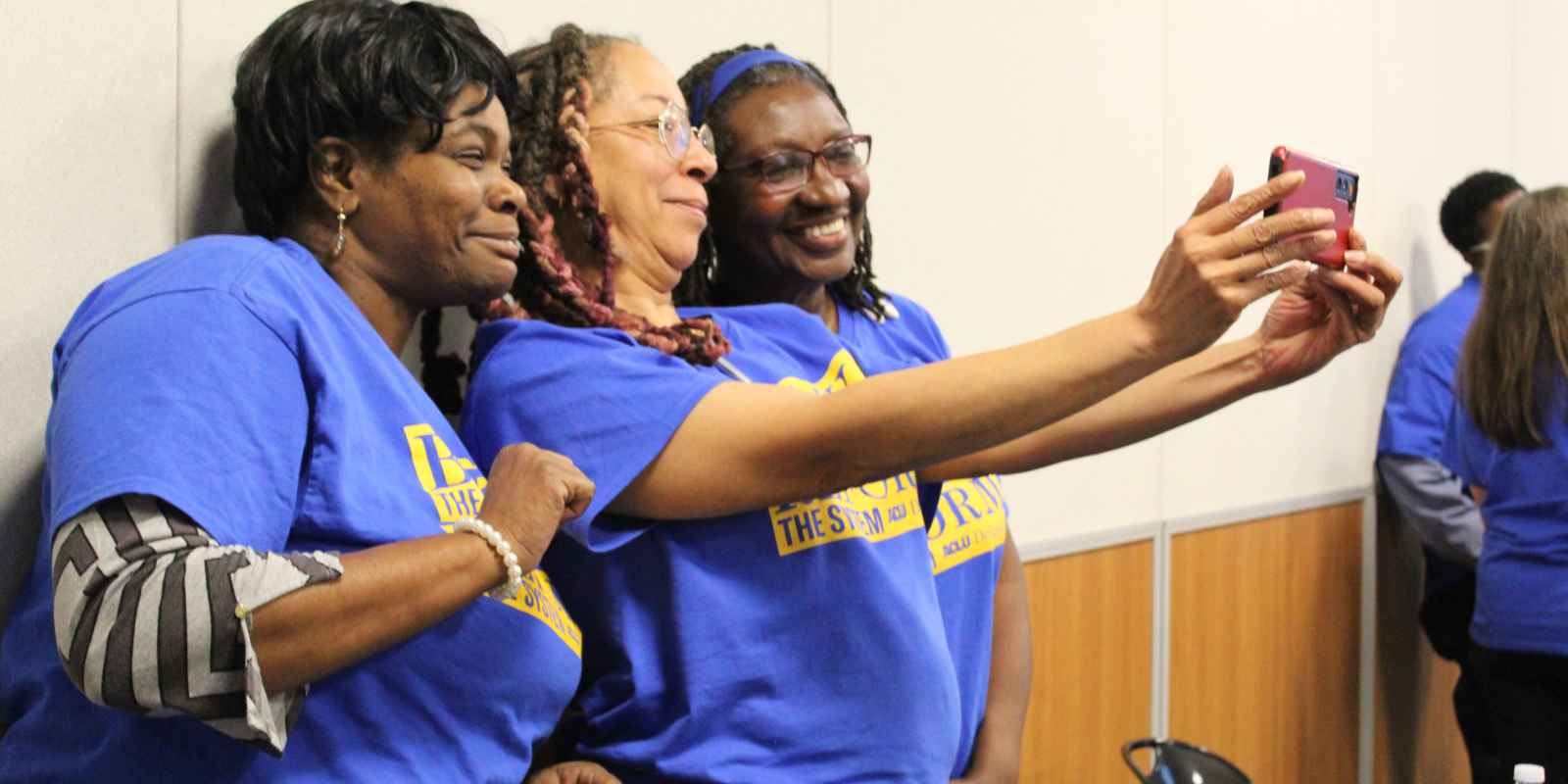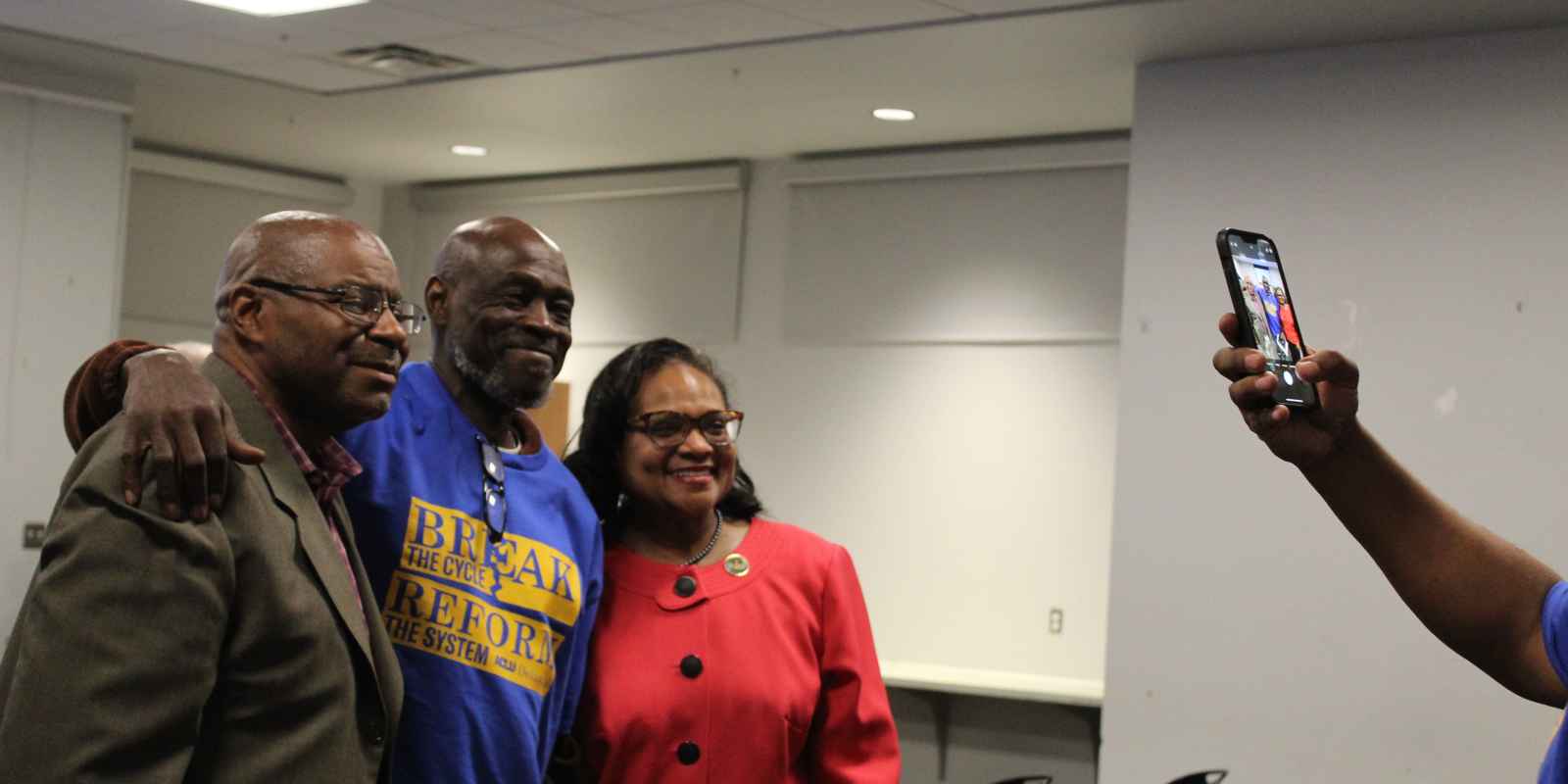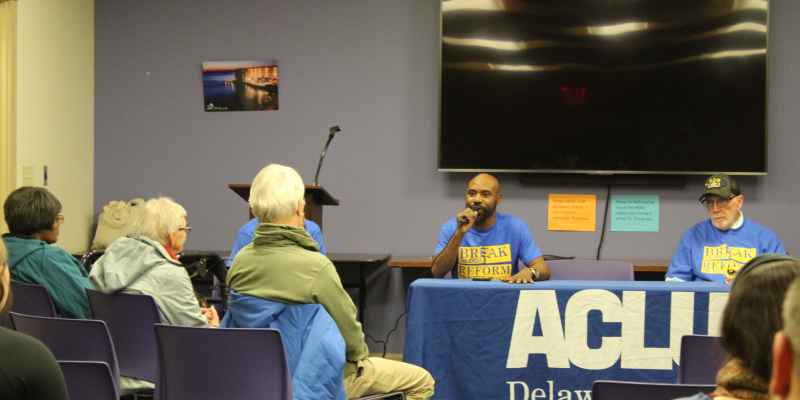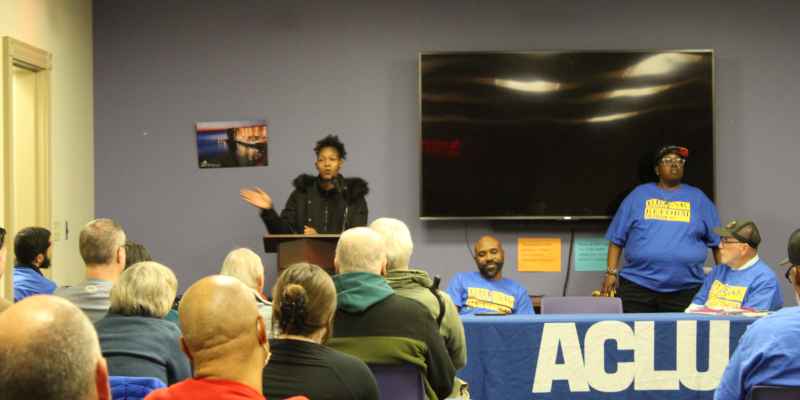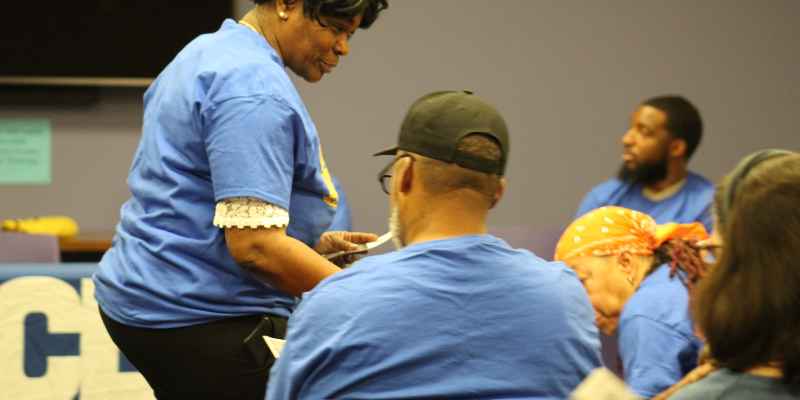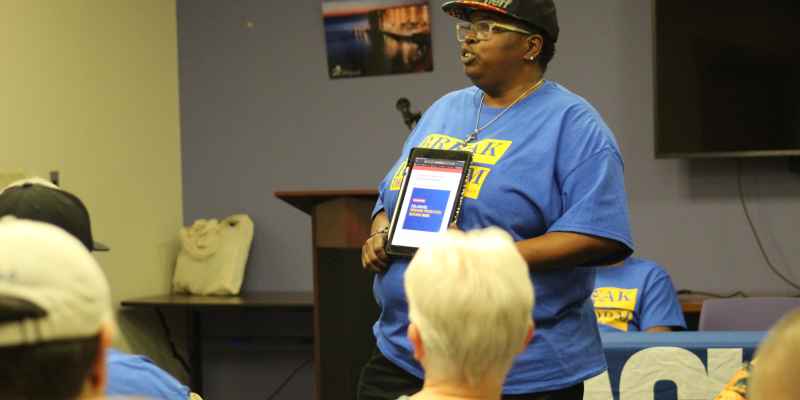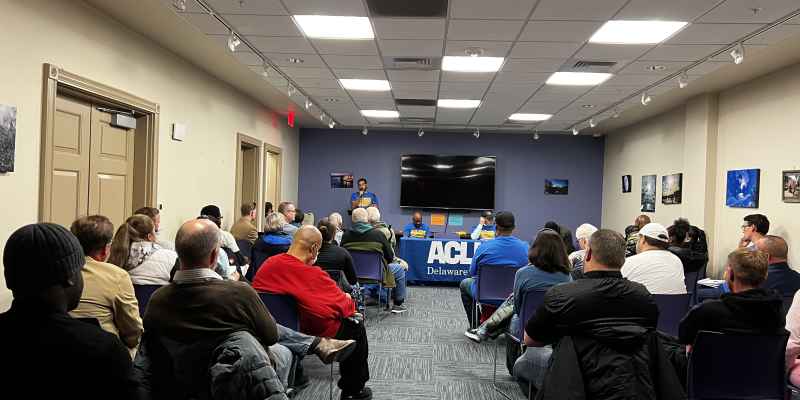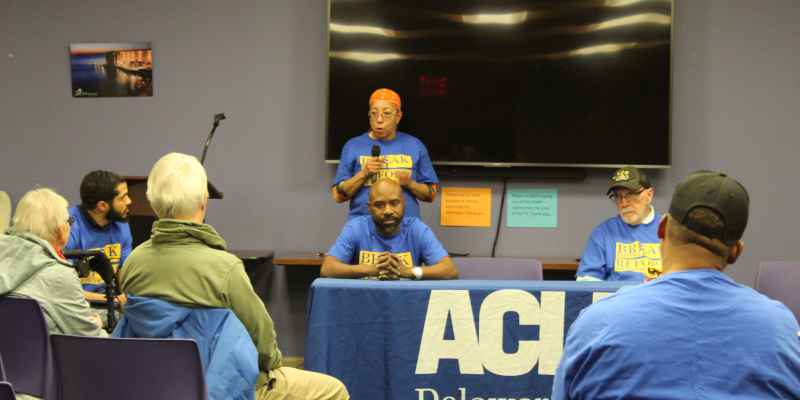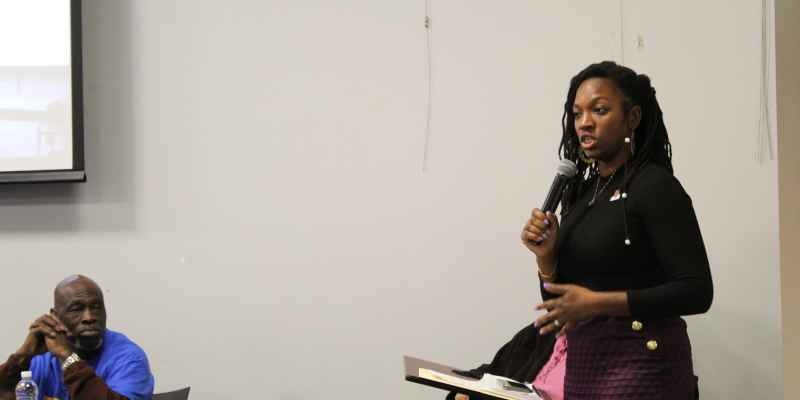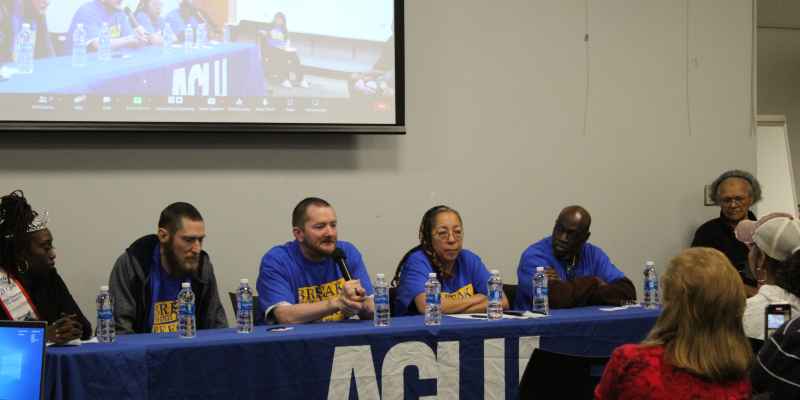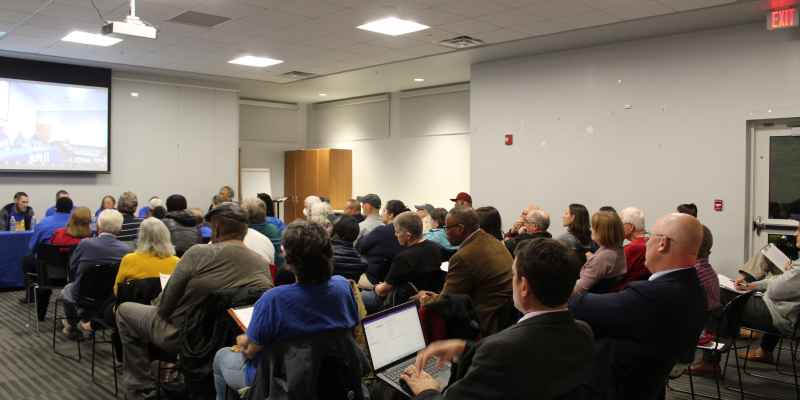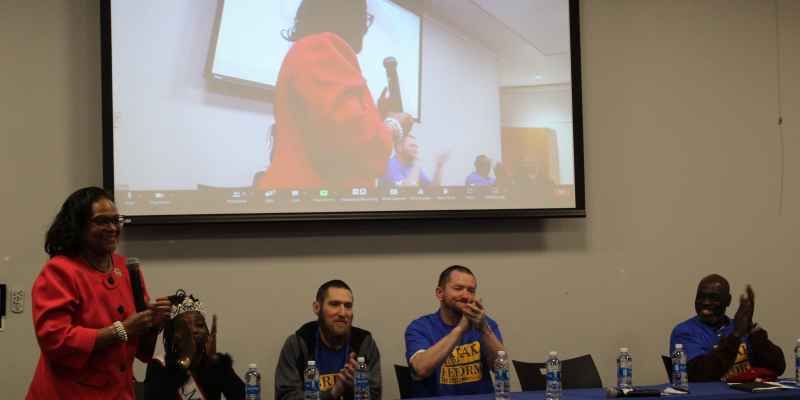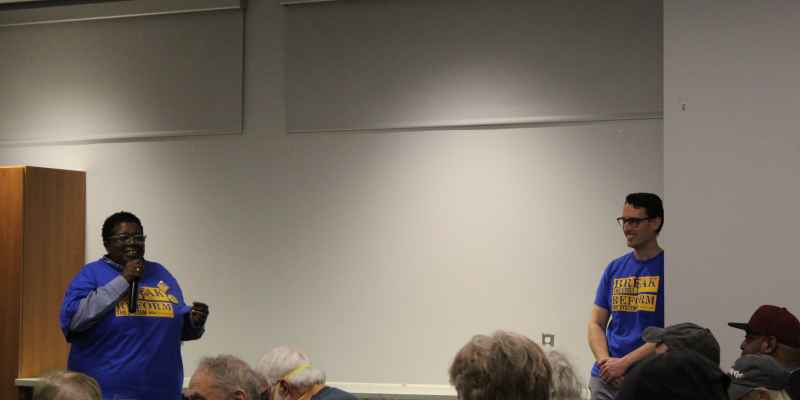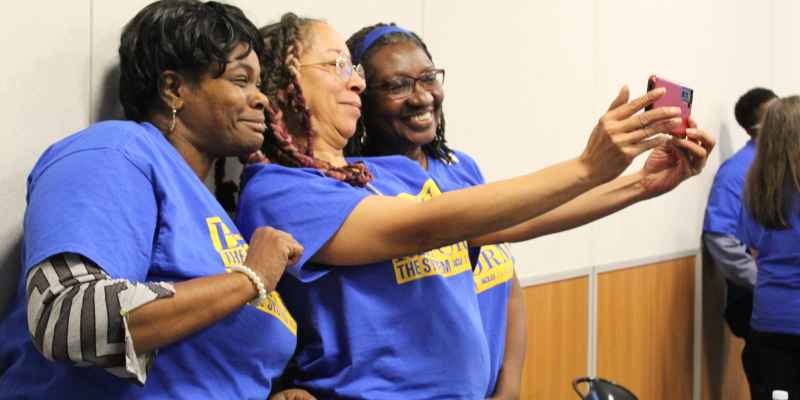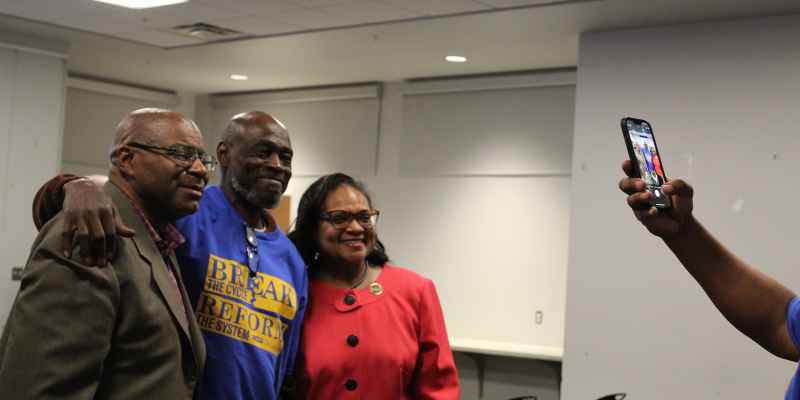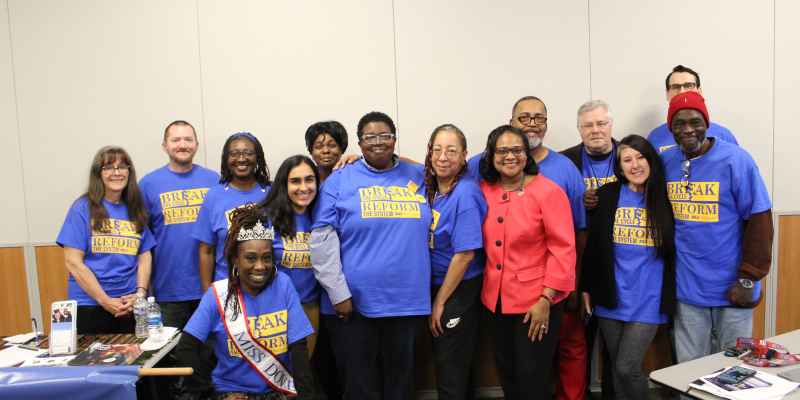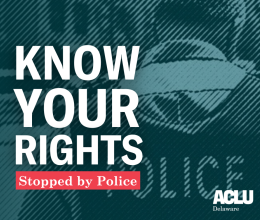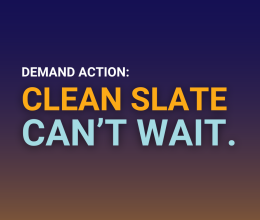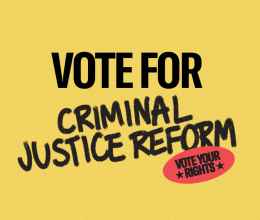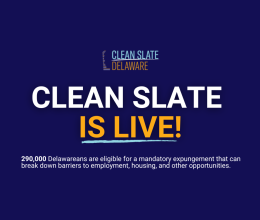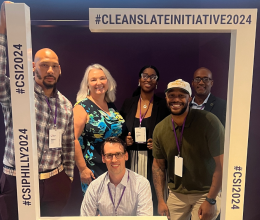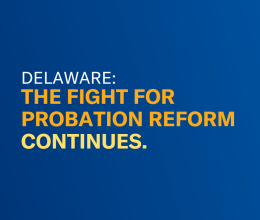Delaware’s probation system is driving incarceration rates, not by new crimes, but by penalizing minor probation violations. Instead of probation focusing on rehabilitation and supporting reentry of citizens, it continues to work more like a revolving prison door for those caught in a broken system.
That’s why ACLU-DE, along with Delaware CAN and the Southern Delaware Racial Justice Alliance, held conversations at both New Castle Public Library (Jan. 11) and Lewes Public Library (Jan. 25), to learn more about our community’s challenges navigating this broken probation system directly from individuals with lived experiences,
At each event we were joined by panelists who provided first-hand insight into the challenges people on probation and their families face after incarceration. Some of these challenges include experiences with probation officers arriving unannounced at the workplace and difficulty meeting unreasonable standards. The result? A system that prioritizes punishment over rehabilitation.
“The goal of probation is to rehabilitate individuals and help guide them back into our communities productively,” said one panelist at the event, “Instead, we are being held hostage by prolonged terms due to our inability to meet standards that don’t consider our current circumstances and the hurdles we face
In Lewes, over 100 community members attended both in-person and virtually, including State Representatives Sherry Dorsey Walker, Kerri Evelyn Harris, and Russ Huxtable, as well as other current and former elected officials.
The prime sponsor of the Senate Substitute 1 for Senate Bill 4 (SS 1 for SB 4), State Senator Marie Pinkey was also in attendance and provided a passionate call for legislators to make 2024 probation reform a reality in Delaware.
“We need a probation system that will equip people on probation with the skills, support, and resources to come home, be successful, and be a productive member of society again so that they do not feel ostracized or feel like a burden to their family members,” said Senator Pinkney, “That is what we are trying to do with SS 1 for SB 4.”
SS 1 for SB 4 aims to eliminate systemic barriers that prevent those recently released from prison from successfully rejoining society. This bill includes restricting the use of incarceration for a technical violation when a new crime has not been committed, creating customized terms of probation to allow individuals to be productive residents, and only allowing incarceration for a probation violation as a last resort.
“Something that seems as simple as traveling to state service centers for appointments, securing transportation, and having the time required to get from place to place can be a significant challenge for any Delawarean, let alone those who have additional barriers that they face due to probation,” said ACLU of Delaware Policy & Advocacy Director John Reynolds. “SS 1 for SB 4 recognizes these challenges and proposes solutions to move toward a system that is easier for people to navigate.”
It's clear that Delawareans believe it’s past time for our start to eliminate systemic barriers that prevent those recently released from prison from successful reentry into our communities and that SS 1 for SB 4 is the way to achieve that.

